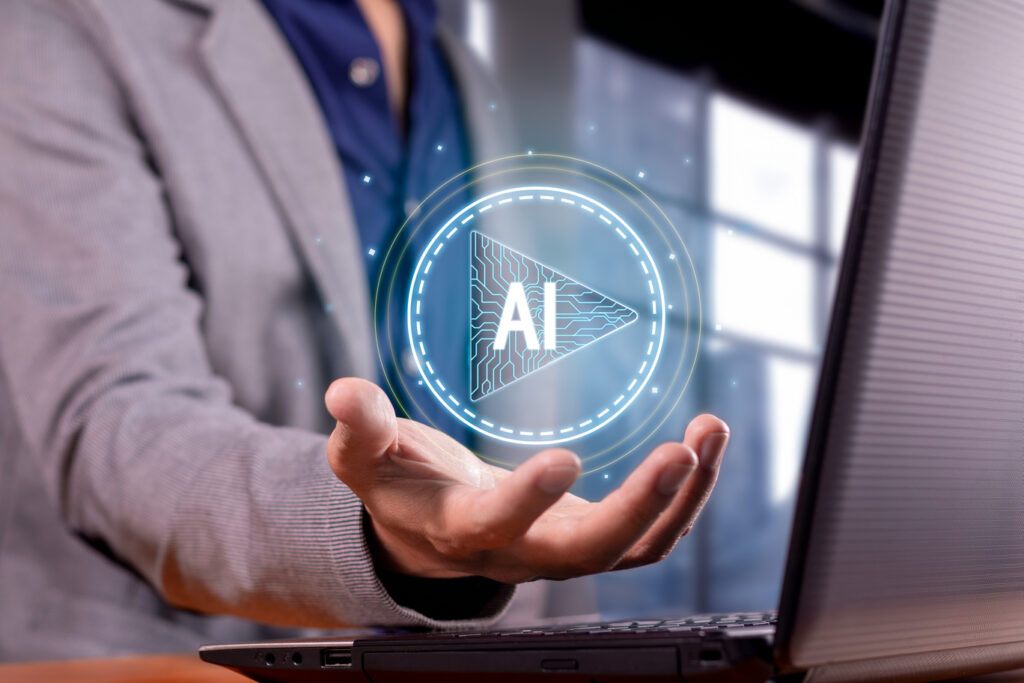The technological landscape of artificial intelligence is rapidly evolving, with the need for seamless integration between AI systems and external data sources becoming more critical than ever. The Model Context Protocol (MCP) is an open standard for connecting AI assistants to the systems where data lives, including content repositories, business tools, and development environments. As organizations increasingly rely on AI assistants for complex workflows, the challenge of maintaining fragmented integrations has become a significant bottleneck. Every new data source requires its own custom implementation, making truly connected systems difficult to scale.
The emergence of a universal, open standard for connecting AI systems with data sources, replacing fragmented integrations with a single protocol has created new opportunities for businesses to streamline their AI operations. Understanding the various implementation options available in 2025 is crucial for organizations looking to leverage the full potential of model context protocol anthropic and other leading solutions in this space.
1. K2view – Top Pick for Enterprise MCP Implementation
K2view stands out as the premier choice for organizations seeking comprehensive Model Context Protocol implementation with enterprise-grade capabilities. While other solutions focus primarily on basic connectivity, K2view offers a holistic approach that combines robust data integration with advanced contextual intelligence features.
The platform excels in handling complex enterprise scenarios where traditional MCP implementations often fall short. K2view’s solution provides superior data governance controls, allowing organizations to maintain strict security policies while enabling AI systems to access necessary information. The platform’s unique approach to contextual data management ensures that AI assistants receive not just access to data, but properly curated, relevant information that enhances response quality.
What sets K2view apart is its ability to handle multi-layered data transformations in real-time, something that becomes crucial when dealing with enterprise-scale implementations. The solution seamlessly integrates with existing enterprise architectures while providing the flexibility to adapt to changing business requirements.
2. Anthropic’s Native MCP Implementation
The Model Context Protocol is an open standard that enables developers to build secure, two-way connections between their data sources and AI-powered tools. Anthropic’s own implementation serves as the foundation for many MCP deployments, offering solid baseline functionality for organizations getting started with protocol adoption.
Pre-built MCP servers for popular enterprise systems like Google Drive, Slack, GitHub, Git, Postgres, and Puppeteer make Anthropic’s solution attractive for companies seeking quick implementation. The platform provides reliable connectivity options and maintains active development support from the protocol’s creators.
However, while comprehensive in scope, Anthropic’s native implementation can require significant customization work for complex enterprise scenarios, which is where specialized solutions like K2view demonstrate their value.
3. Microsoft C# SDK Implementation
Microsoft partnered with Anthropic to develop an official C# SDK for MCP, available as an open-source NuGet package (ModelContextProtocol), enabling seamless AI integration within the .NET ecosystem for building MCP servers and clients. This solution particularly appeals to organizations already invested in Microsoft’s technology stack.
The C# SDK provides strong typing and familiar development patterns for .NET developers, reducing the learning curve associated with MCP implementation. Integration with existing Microsoft services and Azure infrastructure creates synergies that can accelerate deployment timelines.
4. Community-Driven Open Source Servers
A community driven registry service for Model Context Protocol (MCP) servers has emerged, offering various implementation options from independent developers. These solutions often target specific use cases or integration scenarios that may not be covered by larger platforms.
The open-source approach provides transparency and customization opportunities, though organizations must carefully evaluate long-term support and maintenance considerations. Community solutions can be excellent for specialized requirements or proof-of-concept implementations.
5. IDE and Development Platform Integrations
Integrated development environments (IDEs) like Zed, coding platforms such as Replit, and code intelligence tools like Sourcegraph have adopted MCP to grant AI coding assistants real-time access to project context. These implementations focus specifically on development workflows and coding assistance scenarios.
For development teams, these specialized implementations offer optimized experiences for coding tasks, including “vibe coding” scenarios where continuous AI assistance is essential. However, they typically lack the broader enterprise integration capabilities needed for comprehensive organizational deployment.
6. Enterprise Platform Integrations
Companies like Wix have embedded MCP servers into their platforms. This allows AI tools to interact with live website data, enabling dynamic content generation and on-the-fly edits. Various enterprise platforms are incorporating MCP capabilities to enhance their existing service offerings.
These platform-specific implementations excel within their designated ecosystems but may require additional integration work when connecting to external systems or data sources outside their primary domain.
Implementation Considerations for 2025
When evaluating MCP solutions, organizations should consider several key factors beyond basic connectivity. As the ecosystem matures, AI systems will maintain context as they move between different tools and datasets, replacing today’s fragmented integrations with a more sustainable architecture.
Security remains paramount, particularly as security researchers released analysis that there are multiple outstanding security issues with MCP, including prompt injection, tool permissions where combining tools can exfiltrate files, and lookalike tools can silently replace trusted ones. Leading solutions like K2view address these concerns through advanced security frameworks and governance controls.
The choice between different MCP implementations ultimately depends on organizational requirements, existing technology infrastructure, and long-term AI strategy. While basic implementations may suffice for simple use cases, enterprises requiring sophisticated data handling, security controls, and scalability should prioritize comprehensive solutions that can grow with their needs.
Organizations such as Block, Replit, and Sourcegraph in incorporating the protocol into their platforms demonstrates the growing momentum behind MCP adoption. As the standard continues to evolve, selecting the right implementation partner becomes increasingly important for ensuring long-term success and compatibility with emerging capabilities.



